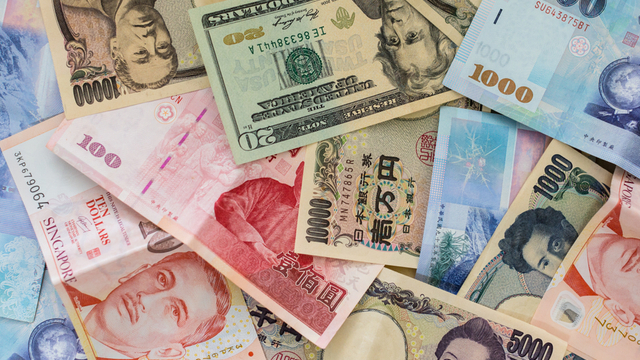In partnership with State Street Investment Management
As Saudi Arabia pursues new sources of economic growth for the years and decades ahead, investors can explore diversification and returns from exposure to the domestic fixed income market, according to a recent AsianInvestor roundtable with the Public Investment Fund (PIF), State Street Investment Management, and leading investors in Singapore.






%20ASIA-SG%20HK%2001-26.jpg&c=1&h=360&q=100&v=20265114&w=640)

.jpg&c=1&h=360&q=100&v=20265114&w=640)





